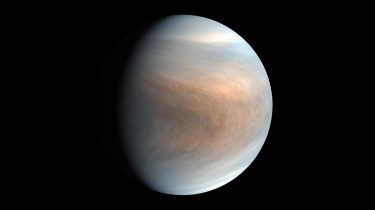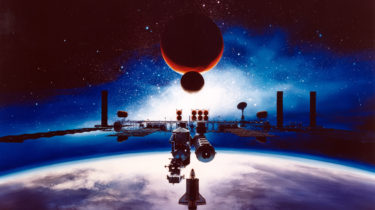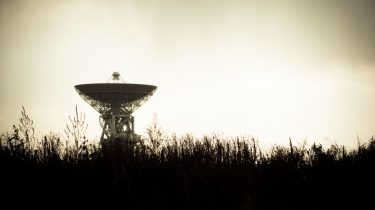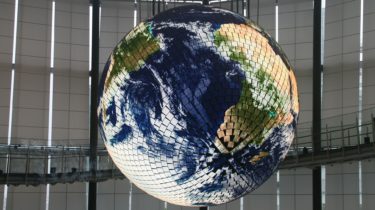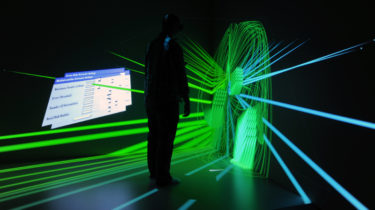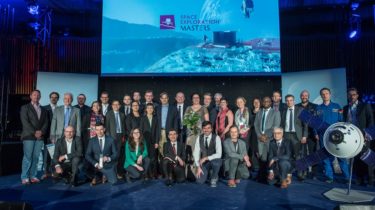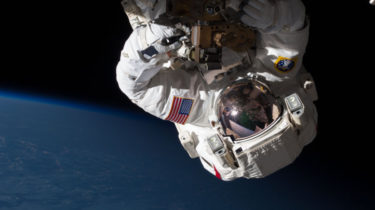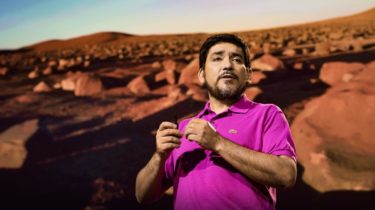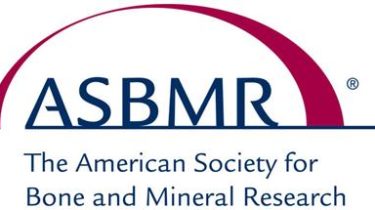Oxygen on Mars? Don’t hold your breath.
Sarah Treadwell – BMSIS Science Writer Astrobiology asks three fundamental questions: How does life begin, could there be life beyond Earth and, if so, how can we detect it? For decades, NASA’s sights have been set towards Mars for answers. Previous research presented evidence of an oxygen-rich atmosphere in its ancient past; however a new paper released challenges this. A study from researchers at Washington University suggests that we may need to look for signs of life with a new […]
Read more
